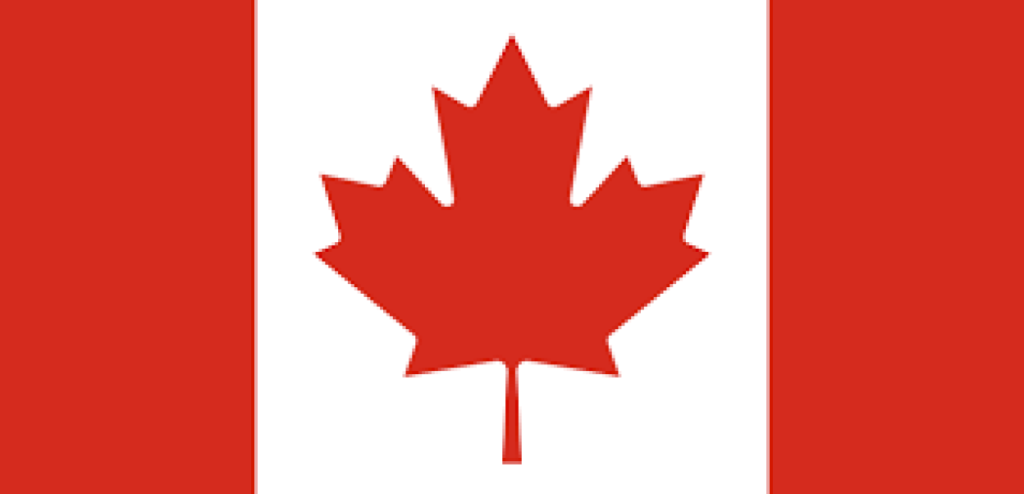
- Cost of Living: Serbia offers a relatively low cost of living compared to many Western countries, including affordable housing, food, and transportation.
- Rich Culture: The country boasts a rich history and vibrant culture, with numerous festivals, historical sites, and diverse cuisine.
- Friendly People: Serbians are known for their hospitality and friendliness, making it easier for newcomers to adapt and feel welcome.
- Central Location: Serbia’s central position in the Balkans provides easy access to other European destinations for travel and business.
- Growing Economy: Serbia’s economy is growing, and there are opportunities in various sectors, including IT, manufacturing, and agriculture.
- Nature: The country offers diverse landscapes, from picturesque mountains and rivers to historic towns and natural parks.
- Bureaucracy: Navigating bureaucratic procedures can be difficult and time-consuming, particularly for foreigners who are handling permits and visas.
- Healthcare System: Although improving, the healthcare system may still face challenges in terms of quality and availability compared to Western standards.
- Language Barrier: Serbian is the official language, and while English is spoken in some areas, language barriers can be an issue in everyday interactions and business.
- Economic Instability: Political unpredictability and economic volatility have affected the nation, which may affect job security and company stability.
- Infrastructure Issues: Some areas may face issues with infrastructure, including transportation and utilities, which can affect daily life.
- Climate Extremes: The temperate continental climate means hot summers and cold winters, which may not be ideal for everyone.
Most people with Schengen, UK, or US visas and EU nationals can enter Serbia for a short stay without needing a work visa. However, foreigners from non-European and developing countries require a visa to work in Serbia. While they can stay briefly without a visa, they cannot obtain temporary residence. Additionally, foreigners within Europe also need a long-stay visa for work purposes.
The Serbian government offers several types of visas for foreign nationals:
- Type A: Airport transit
- Type B: Transit
- Type C: Short stay
- Type D: Temporary residence
To obtain a work visa for Serbia, you generally need:
- A completed visa application form
- A passport valid for at least 90 days beyond the visa issuance date
- A letter of invitation from a prospective employer in Serbia
- Proof of health insurance
- A passport photo
- Evidence of sufficient funds or income for your stay
- An itinerary or return ticket, depending on the length of stay
- Proof of visa fee payment
- All official documents must be translated into Serbian
Before hiring a foreign worker, the employer must request the National Employment Service (NES) to conduct a labour market test to ensure no eligible Serbian nationals are available for the position.
- The NES will conduct the test and provide a report to the employer within a month.
- The employer must review their qualifications if the NES identifies suitable candidates. While not obligated to hire them, the employer must explain if choosing a foreign applicant instead.
- After confirming the need for a foreign worker, the employer applies for a work permit from the local employment affairs organisation. Processing time is typically one to two weeks.
- The employee must apply for a temporary residence visa from the Serbian embassy or consulate in their current country of residence. A job offer must be secured before applying for this visa.
- Once the temporary residence visa and work permit are approved, the employee can travel to Serbia and begin working.
Regardless of the employee’s country, processing a work visa in Serbia involves an administration cost. The application fee for a work permit is RSD 12,530, or roughly EUR 100. You should print a copy of the online payment page or receipt. Documentation of administration fee payment is required to process work permits.

